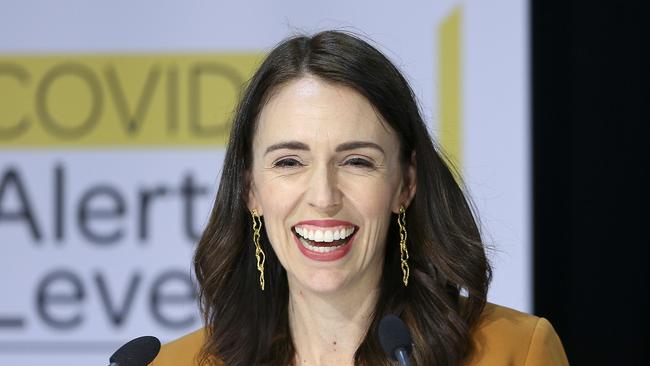Coronavirus live updates: New Zealand announce border restriction exceptions to allow overseas travel
The country recently celebrated having no active cases, now it's lifting some travel and border restrictions that will finally allow thousands to come to New Zealand.
New Zealand has announced new exceptions to its border restrictions as it allows more people into the country after eradicating active cases of COVID-19.
More than 13,000 applications for exceptions have already been made, but more than 10,000 of those have been rejected.
There are specific rules about who can travel to New Zealand and for what reason, with most relating to essential work that can't proceed without the person seeking an exemption.

MORE: Follow the latest virus news here
Globally, there have been more than 7.2 million known coronavirus infections, with a global death toll of 409,617.
In Australia there have been more than 7280 cases, with 3119 in NSW, 1065 in Queensland, 1711 in Victoria, 440 in South Australia, 601 in Western Australia, 228 in Tasmania, 108 in the ACT and 29 in the NT.
Here's how the day unfolded.




